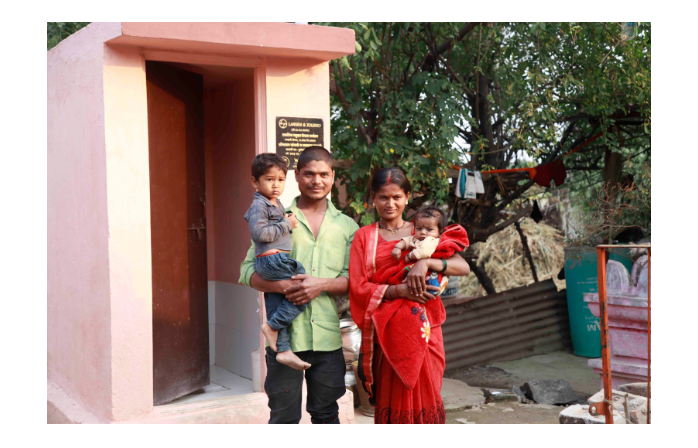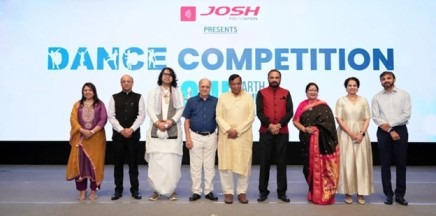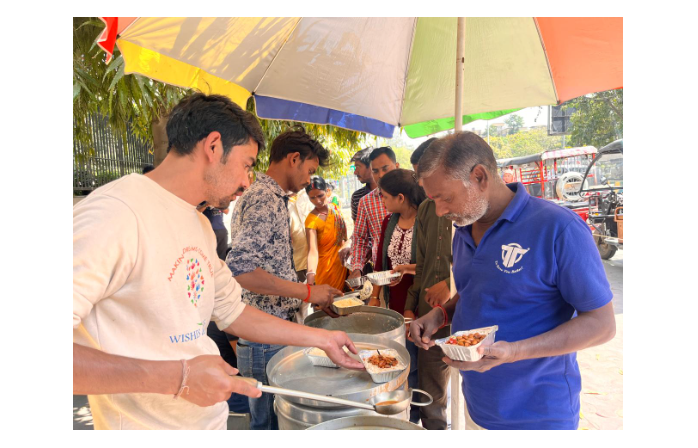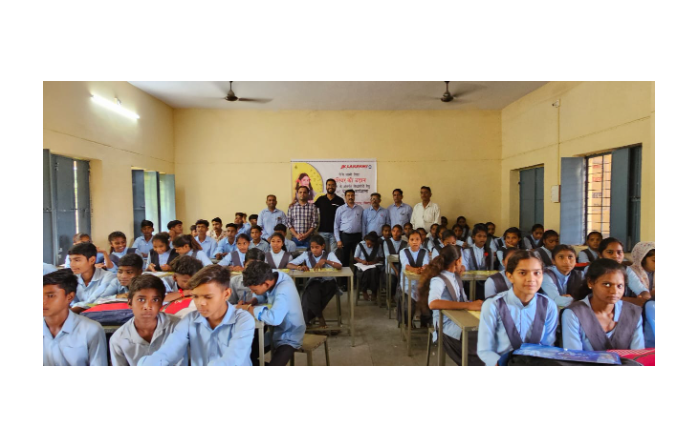Suposhan - Narayana Health’s initiative to make adolescents’ healthy !
By- Narayana Health
March 24, 2021
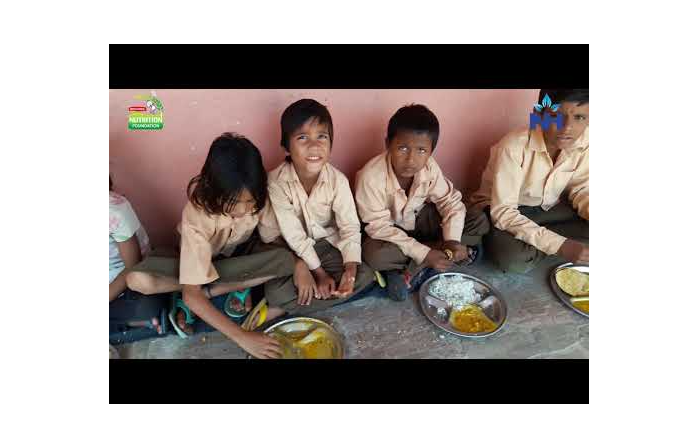
Nutrition Health
Through NFHS-3 data, Narayana Health learnt that there is a prevalence of little more than 40 percent of anaemia in adolescent. NH wanted to do something about this, in association with Brittania.
In order to address the deficiency among the school children suffering from anaemia based on various findings and to create awareness on the importance of nutrition intake. Chaksu and Phagi, two blocks of Jaipur district were identified for SUPOSHAN program where Chaksu is an intervention block and Phagi is a control block.
Around 200 adolescent students from 26 government schools were identified by lottery method in both the blocks by the CSR team of Narayana Health. Knowledge, attitude and practice surveys have been conducted amongst the students. Haemoglobin level of the students were measured at three intervals during the entire progress. An awareness campaign about anaemia was launched for students and parents for a healthier future.
The distribution of iron rich biscuits manufactured by Britannia Nutrition Foundation started from Shivdaspura Girls’ Secondary School in Chaksu block of Jaipur District.
In the first phase of the program, a total of 26 schools were covered comprising of Government Secondary and Senior Secondary School of Chaksu block. Both the students and teachers were informed about the benefits of iron-rich biscuits. Government of Rajasthan has been providing a glass of milk and lunch to students under the mid-day meal programme. Hence, the decision to distribute iron-rich biscuits an hour before the closing time of the school has brought remarkable change.
Nirma Chaudhary, Teacher, says – ‘The registered member of students has increased here and the students loved the biscuits as they are very tasty that is improving their memory. The biscuits are nutritious, students are attending school daily and they are very happy with it.’
Suposhan program has so far covered 16,491 students from the schools in 100 days from both the blocks.
In addition to introducing 4 biscuits every day, the anaemia campaign also focusses on improving awareness through innovative means.
The program was supported by street players. The plays were performed by the famous Tamasha artist from Jaipur in local Marwari language. Artists reached out to the communities in middle of the marketplace, people were educated about anaemia in both the blocks. A strong medium of expression made students aware about anaemia in engaging and interesting manners.
In conclusion, end line knowledge, attitude and practice survey were conducted in the intervention blocks of Chaksu.
In the intervention block Chaksu, baseline Haemoglobin was recorded at 11.8gm/dl. After the consumption of Iron-rich biscuits for 100 days, the Hb level raised to 12.7 gm/dl where awareness campaigns have also played a major role. Gender-wise results are encouraging. In adolescent girls, the Hb level rose to 12.3 gm/dl from 11.5 gm/dl whereas in boys, it increased from 12.1 gm/dl to 13.2 gm/dl. On the other side, at the control block Phagi, baseline, Hb was recorded at 11.2 gm/dl and after a 100 days of awareness programme, it increased to 11.5 gm/dl.
The statistics show that the adolescent girls need more iron supplements to fight against anaemia. Results from the intervention blocks were encouraging. To ensure participation of students, a student camp was organized in every school.
Source

Narayana Health is an Indian chain of multi-speciality hospitals, heart centres, and primary care facilities with its headquarters in Bengaluru, India. It was founded by Dr. Devi Shetty in the year 2000.
© Renalysis Consultants Pvt Ltd



.jpg)

